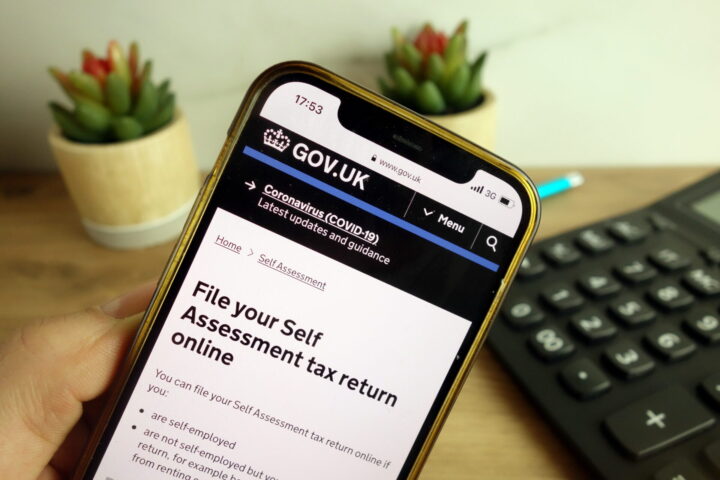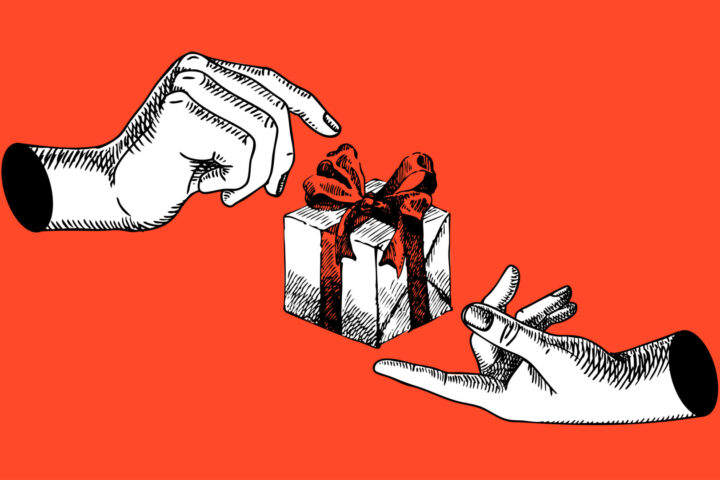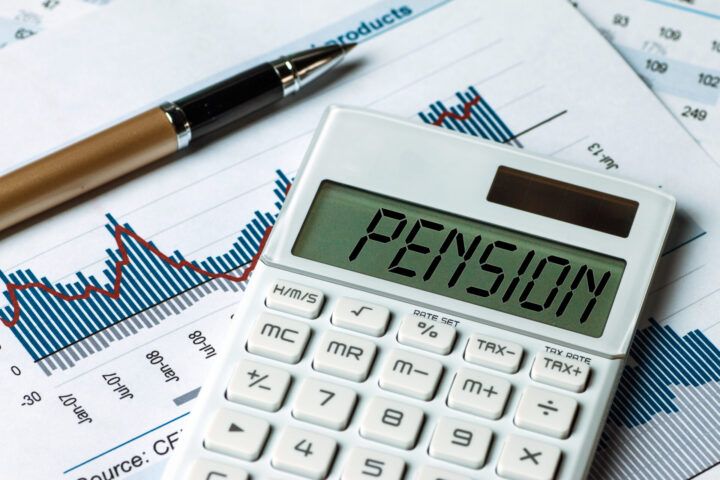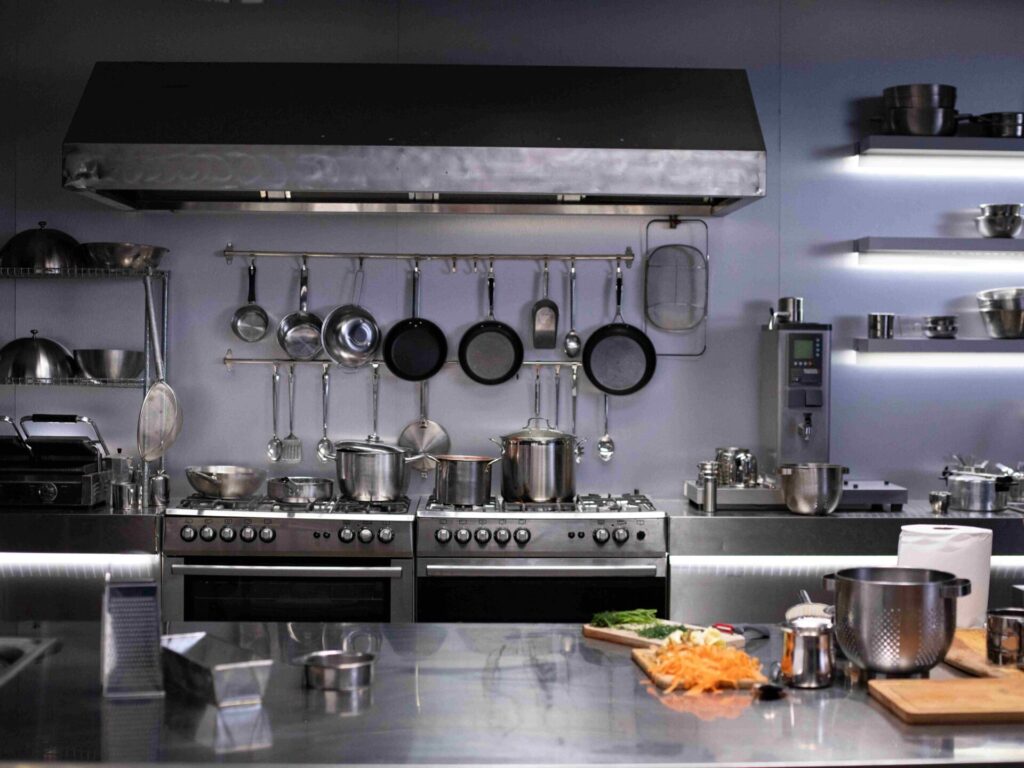Research from HM Revenue and Customs (HMRC), obtained by Quilter, found that frozen tax thresholds are set to cause 17.9 million Brits to start paying income tax by the 2027/28 tax year.
Of these, 11.6 million will be dragged into the basic rate during the final three years of the freeze.
The analysis also highlighted that 8.2 million individuals over 60 will be affected, suggesting pensioners will increasingly face taxes on their retirement income.
By 2027/28, about 8.2 million taxpayers are expected to transition into the higher rate during the final period of the freeze, amounting to 68% of the total.
Furthermore, 70% of those shifting into the additional rate tax band will do so in the last three years of the freeze.
Rachael Griffin, tax and financial planning expert from Quilter, said: “The number of people expected to pay income tax for the first time, or at a higher rate, by 2027/28 is set to rise exponentially due to the continued freeze on tax thresholds.
“Initially introduced in the 2021-22 tax year until 2025-26, the freeze was expected to bring 1.3 million more people into paying income tax and one million more into paying at the higher rate.
“Now, however, the extended freeze until 2027/28, combined with higher wages, will see almost 18 million people paying income tax and 12 million paying at the higher rate.”
Griffin added: “During the 2024 Autumn Budget, Chancellor Rachel Reeves stated that extending the freeze until 2030 would boost government coffers by billions of pounds.
“However, she also noted that it would hurt working people and go against Labour’s manifesto commitments, declaring there would be no extension.
“Instead, from 2028-29, personal tax thresholds would be uprated in line with inflation once again.
“Given the challenging fiscal position, there have been rumours that the Chancellor might backpedal and opt to freeze income tax thresholds until 2030.”
She said: “However, given the likely backlash and the government’s commitment not to raise taxes for working people, this seems unlikely.
“Regardless of any extension, the lengthy freeze is resulting in a significant tax rise by stealth.
“As incomes rise, including state pension income, more people are being dragged into paying tax for the first time or into higher tax brackets, a phenomenon known as fiscal drag.
“Even without an explicit tax rise, the government will continue to collect more from taxpayers each year by keeping thresholds static.”
She added: “What’s more, as the state pension rises while the personal allowance remains stagnant, many pensioners will soon find themselves having to pay back a proportion of their state pension.
“Strategic financial planning has never been more important. Some will be able to mitigate their tax burden with options such as salary sacrifice arrangements and increasing pension contributions, whereas retirees should explore how they are taking income to ensure they are not paying more tax than necessary.”

















